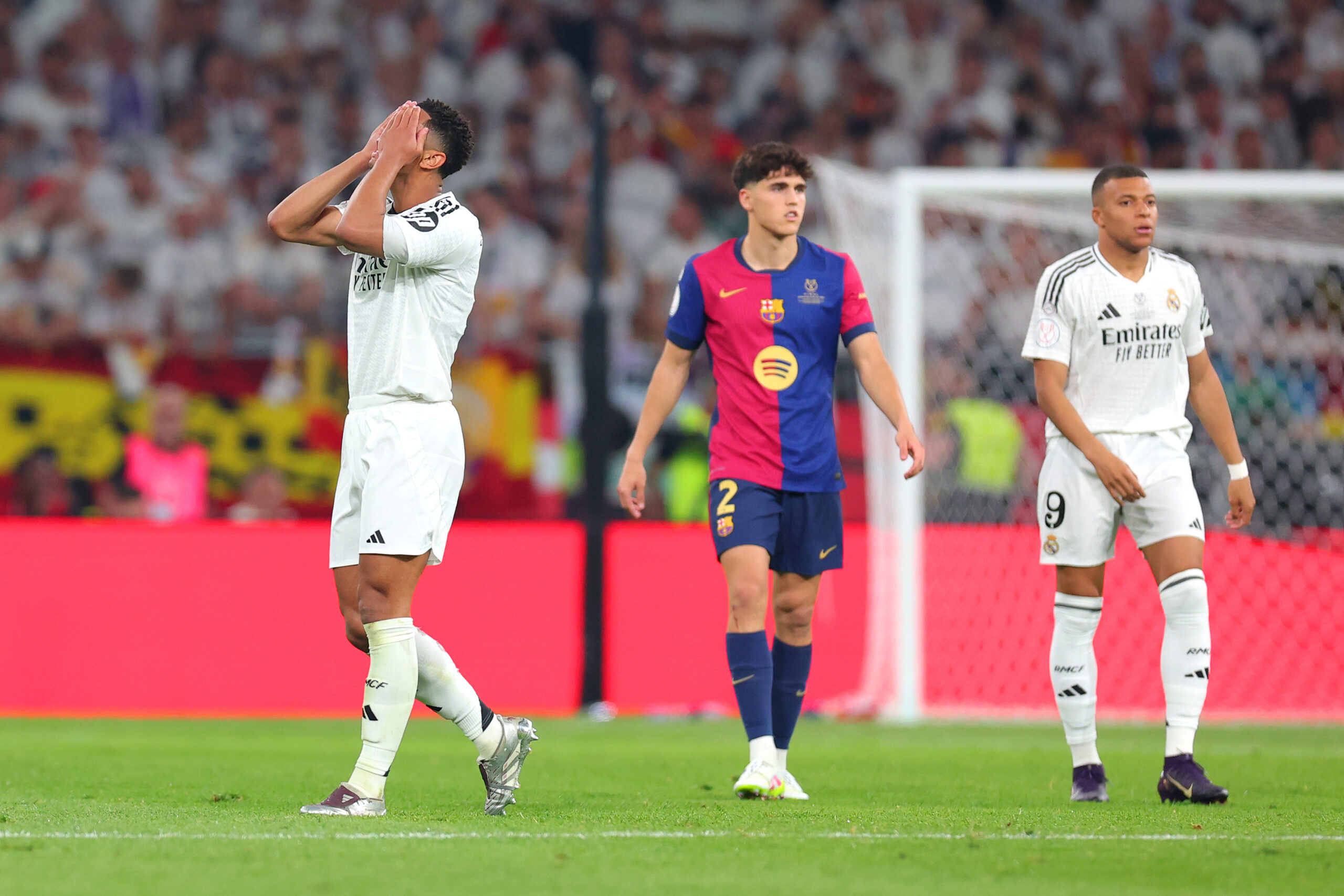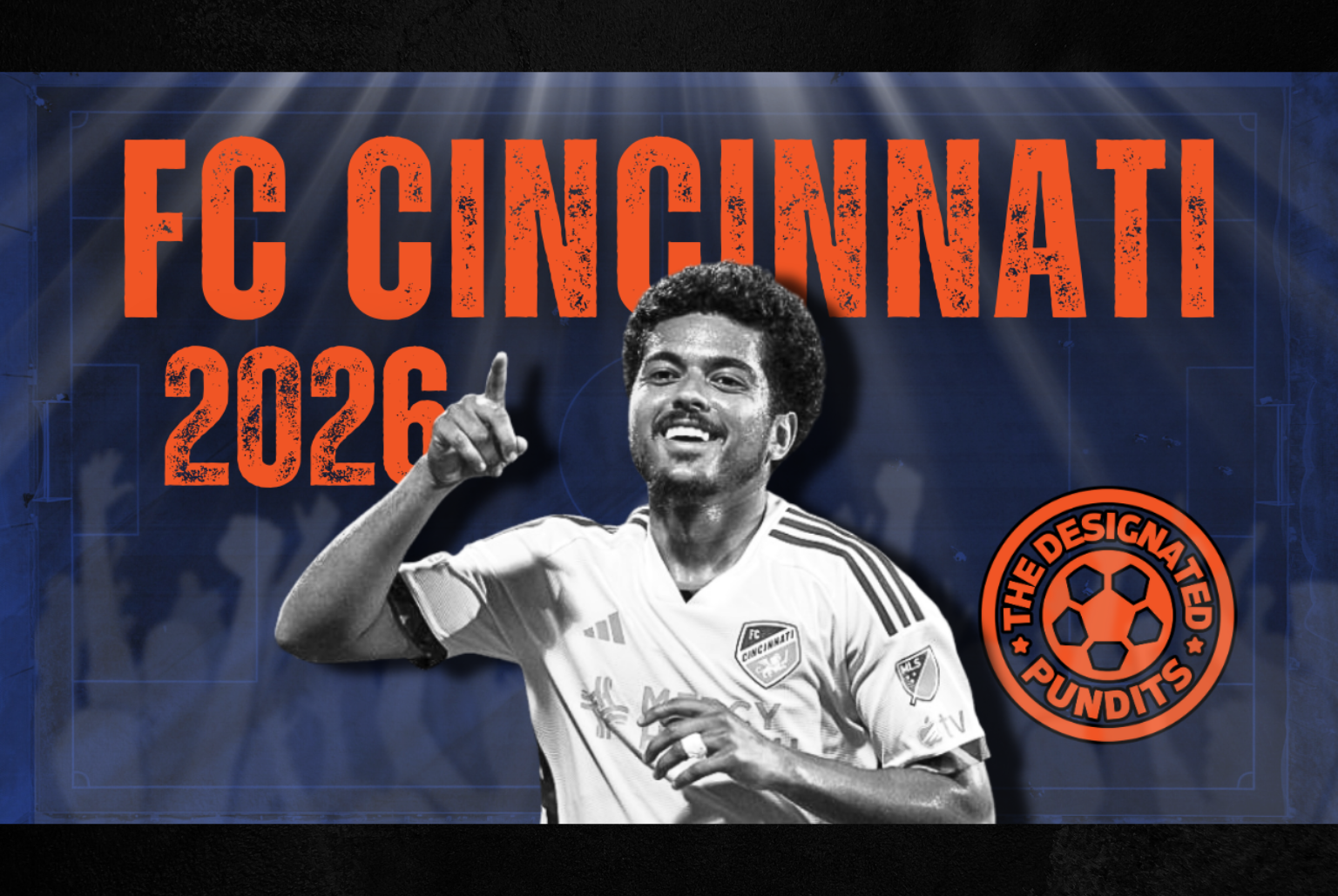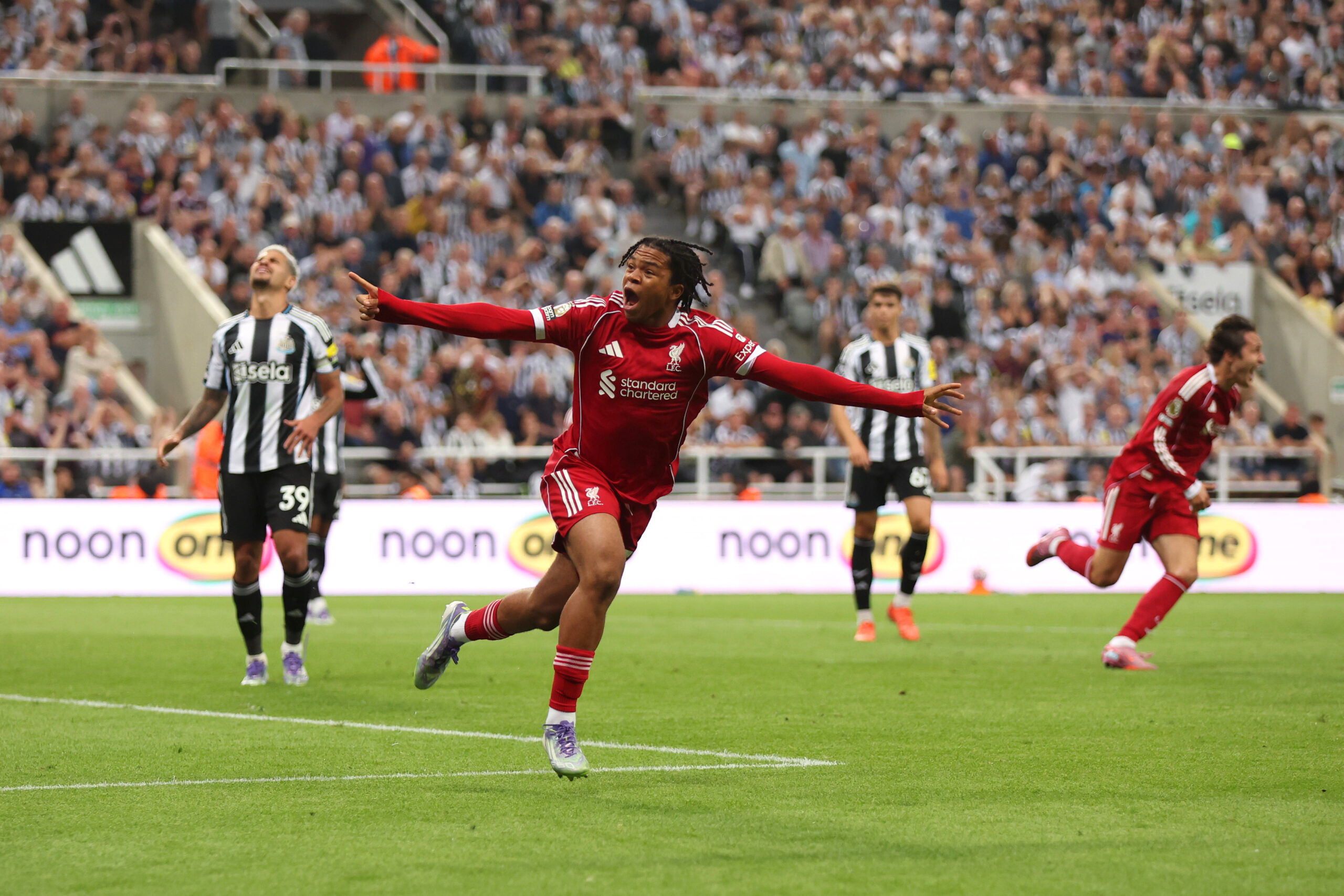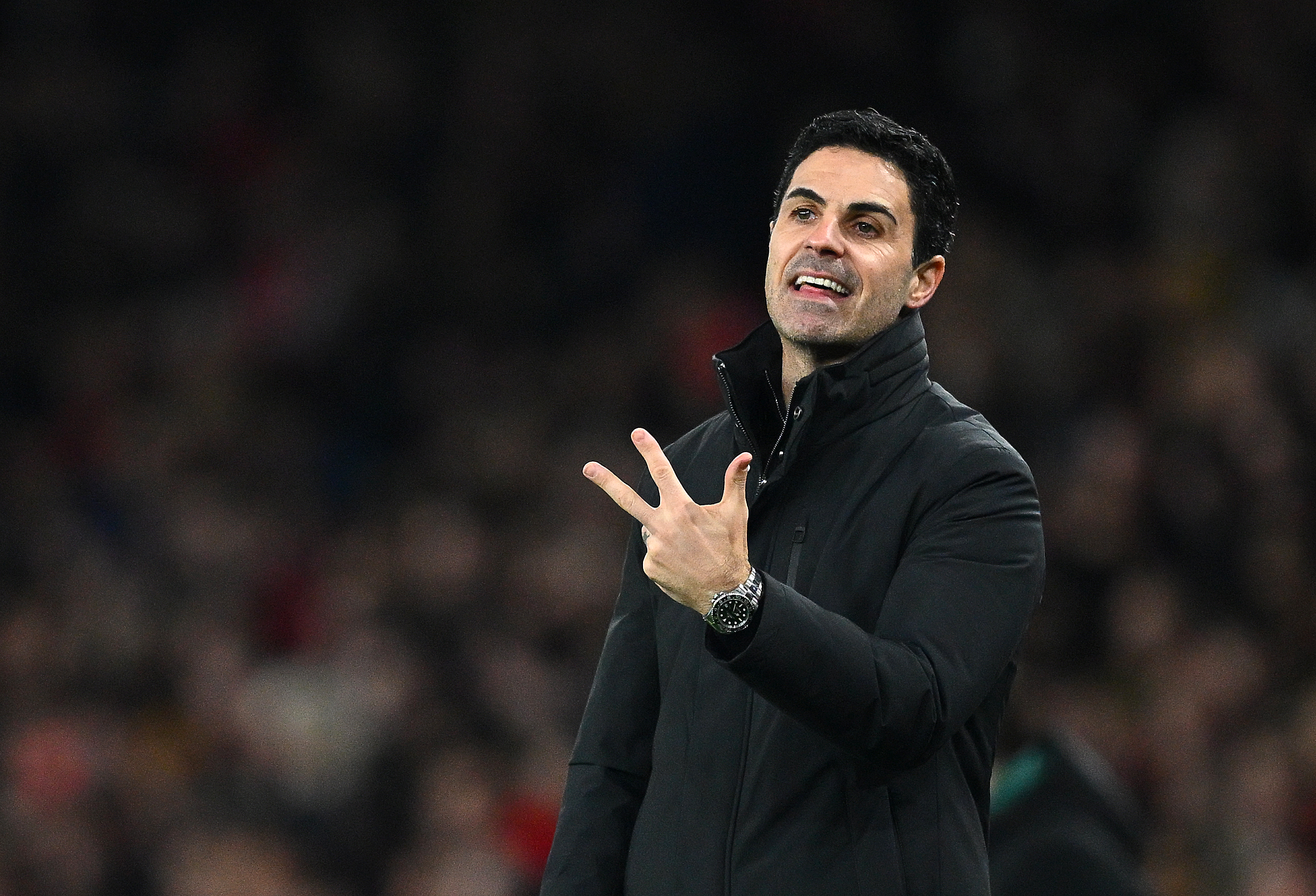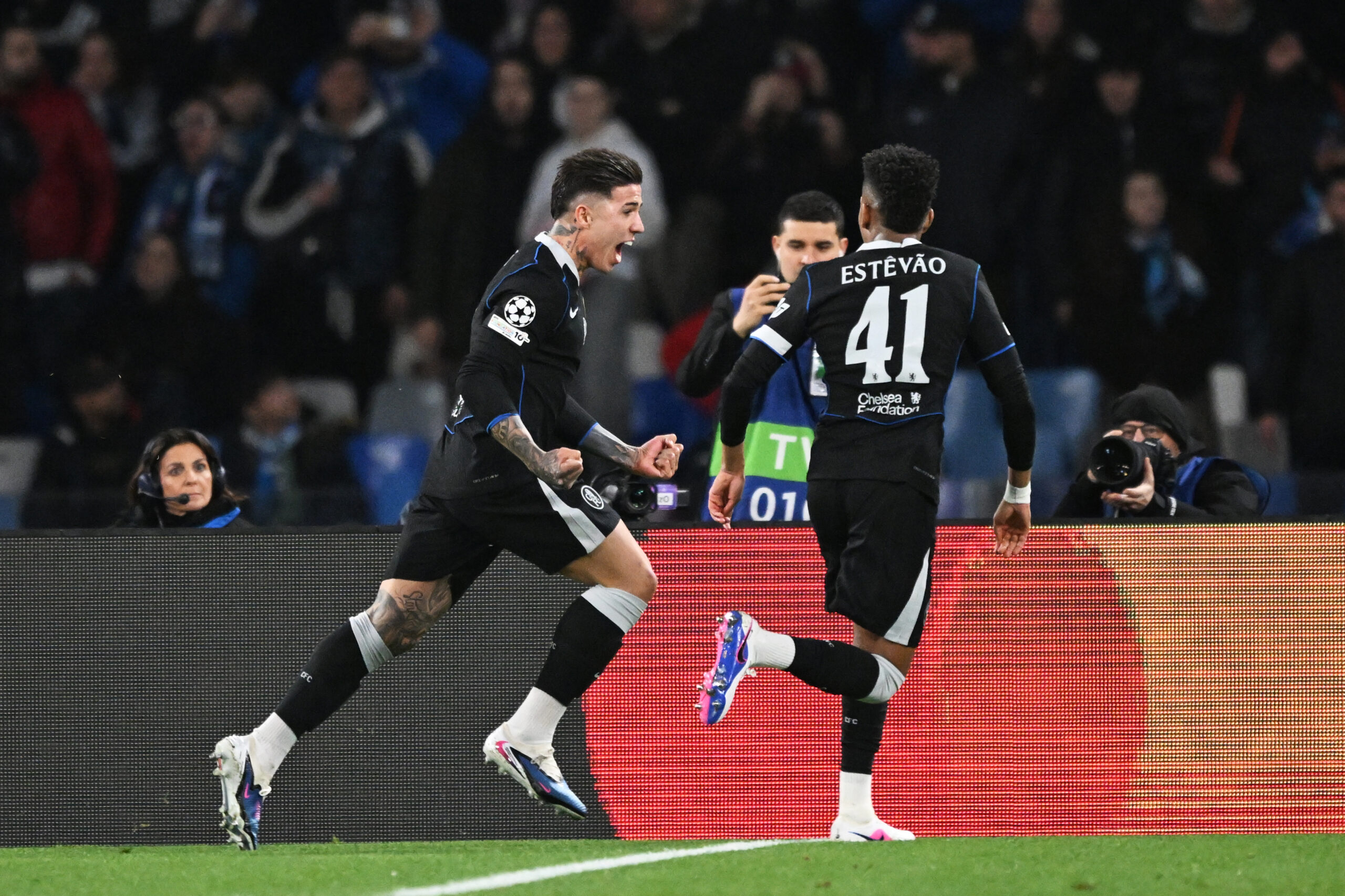Real Madrid and FC Barcelona are eternal rivals, locked in a battle for supremacy spanning 123 years and 261 official matches called El Clásico. One of the most enduring symbols of Madrid’s dominance over their rivals came in the early 1960s when Los Blancos won seven consecutive El Clásicos – the longest streak in the history of the fixture.
Decades later, Barcelona are mounting a serious challenge with a run of victories that could bring them close to matching that record.
The Historic Seven-Game Streak
From April 22, 1962, to February 28, 1965, Real Madrid won seven consecutive El Clásico matches. This period coincided with Madrid’s golden era, led by legends like Alfredo Di Stéfano, Ferenc Puskás, Paco Gento, and later Amancio Amaro. During the streak, Los Blancos scored 22 goals and conceded only five and won La Liga every season.
The run began in the Copa del Generalísimo quarterfinal in April 1962, when late goals from Puskás and Gento sent Madrid through to the semifinals.

Five months later came the first Clásico of the 1963/64 season. Real Madrid topped the league while Barcelona sat fifth. Di Stéfano scored twice to extend the gap between the two rivals. In the return fixture, Barcelona had slipped to seventh in the league, while Madrid remained top. Once again the usual names dominated. Gento and Di Stéfano scored, and Puskás netted a hat trick, his 14th goal of the season.


The following season, history repeated itself. Despite Barcelona entering as league leaders, Puskás scored his second consecutive Clásico hat trick in December, with Di Stéfano also on the scoresheet. By the time of the next meeting, Madrid had regained top spot. Goals from Puskás and Gento extended the streak to five games unbeaten.


The final two victories saw new names emerge. Amancio Amaro scored a hat trick in the first Clásico of the next season, while Fernando Serena found the net in the seventh and final win of the streak, a 2–1 victory in February 1965.


Barcelona’s Recent El Clasico Surge
Barcelona’s longest winning streak in El Clasico has topped out at five, first achieved between December 2008 and November 2010 under Pep Guardiola. That run included some of the rivalry’s most iconic matches, the 6–2 demolition at the Bernabéu in 2009 and the 5–0 at Camp Nou in 2010.
Last season, however, Barcelona achieved something unprecedented. They played four Clásicos and won all four. It was the first time in history that Barça had swept an entire season of the matchup. Under Hansi Flick, Barcelona tactically outclassed Carlo Ancelotti in every encounter. The question now is whether he can do the same to Xabi Alonso.
Looking ahead, Barcelona could have up to six chances to extend their streak this season:
- Two guaranteed league fixtures
- A potential Supercopa de España final (if both clubs win their semifinals)
- Possible Copa del Rey meetings (one in the quarterfinals, two if in the semifinals)
- A potential UEFA Champions League knockout clash
If Barcelona win the two league clásicos and the Supercopa de España, and assuming they don’t meet anytime else this season, Barcelona will equal the streak that has stood for 6 decades.
Real Madrid’s Reinforcements and Challenges
Xabi Alonso’s side are determined not to suffer a fifth consecutive defeat in El Clásico. Yet scheduling may play against them. Before facing Barcelona, Madrid host Juventus in the Champions League. With only 72 hours between that match and El Clásico, fixture congestion presents a real challenge.
Juventus might be sitting 23rd in the Champions League league phase, but their two draws – a 2–2 with Villarreal and a 4–4 against Borussia Dortmund – show their intensity. While vulnerable defensively, they score heavily. That could force Alonso to use stars like Kylian Mbappé and Vinícius Júnior for the full 90 minutes, leaving them fatigued for the weekend showdown.
Madrid’s squad is also stretched. Antonio Rüdiger, Dani Carvajal, and Dean Huijsen remain sidelined with muscle injuries. Trent Alexander-Arnold and Ferland Mendy are back in training but may be rested midweek to prioritize El Clásico. Alonso may even consider makeshift defensive solutions like Aurélien Tchouaméni.
Barcelona, meanwhile, have the advantage of two extra days to prepare. That gap could allow Flick’s side to analyze Madrid’s performance against Juventus and adjust their approach accordingly.
The Weight of History
Few streaks have lasted as long as Madrid’s seven. That it has stood for six decades shows how difficult it is to dominate a fixture contested by some of the greatest soccer players in history. The fact that it is now under genuine threat says everything about the state of the rivalry today.
Will the midweek clash with Juventus, followed by Valencia and Liverpool next week, affect Real Madrid’s preparation for El Clásico? Barcelona will be waiting with bated breath, eager to smell blood, equal their own historic record of five straight Clásico wins, and perhaps even surpass it by season’s end.

